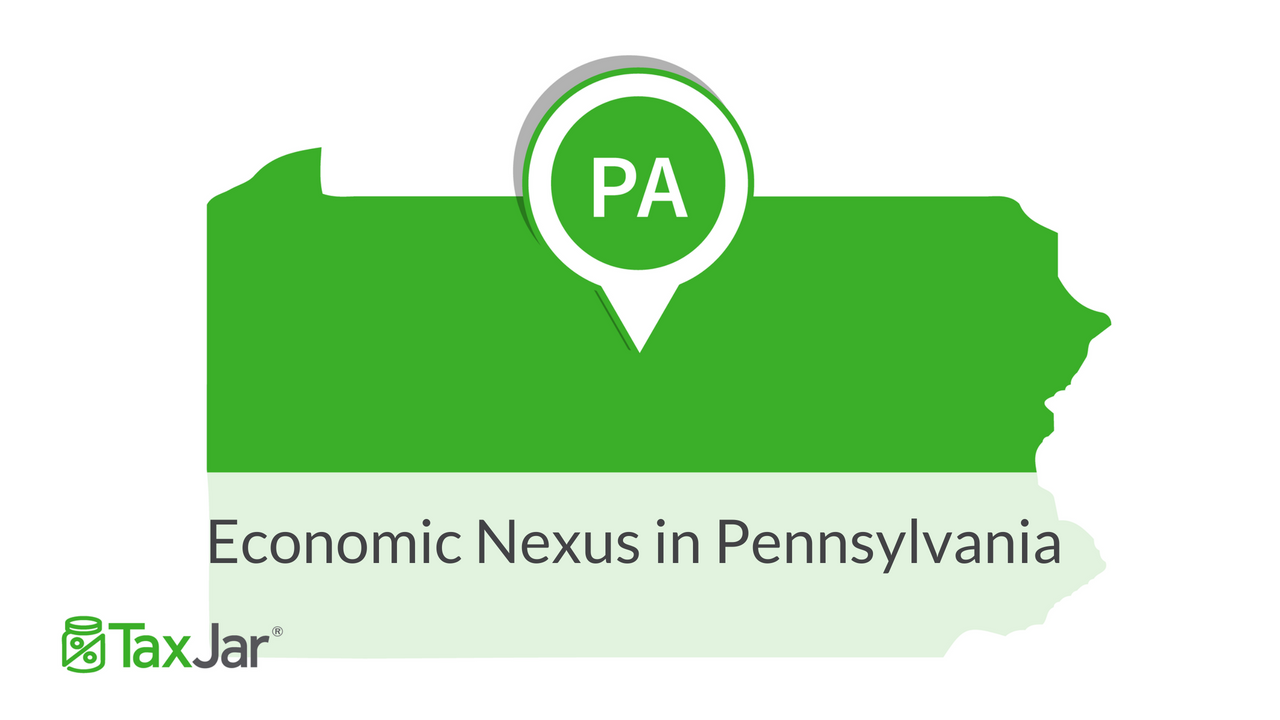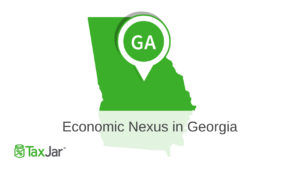

What Are the Other Sales and Use Tax Requirements for Remote Sellers in Alabama? Marketplace facilitators with Alabama marketplace sales of more than $250,000 must collect tax on sales made by or on behalf of its third-party sellers. Marketplace sellers do not need to collect tax on transactions when a marketplace facilitator is collecting and remitting for them.All remote sellers directly selling over the $250,000 threshold of total retail sales delivered into Alabama the previous calendar year must collect and remit taxes on sales into Alabama.Alabama’s voluntary disclosure program allows unregistered taxpayers to self-disclose and pay previously unpaid or underpaid tax liabilities without penalties.Ī remote seller is any business or person that does not have a physical presence making direct sales to Alabama customers and shipping products into the state.Ī marketplace facilitator is a business that contracts with marketplace sellers to facilitate the sale of the marketplace seller’s products through a physical or electronic marketplace.Ī marketplace seller is a person or business that makes sales through any physical or electronic marketplaces operated by a marketplace facilitator.SSUT participants must file monthly returns and remit monthly payments through MAT.Remote sellers and marketplace facilitators apply for participation in the SSUT program by clicking on the “Obtain a new tax account” link on the My Alabama Taxes (MAT) website.The “Simplified Seller Use Tax Remittance Act” allows eligible sellers to participate in a program to collect, report and remit a flat 8% sellers use tax on all sales made in Alabama.Remote sellers and marketplace facilitators meeting the sales threshold can register for the Simplified Sellers Use Tax (SSUT) program.(Depending on the business, additional business/occupational licenses may be required.)
#FLORIDA ECONOMIX NEXUS LAW LICENSE#
#FLORIDA ECONOMIX NEXUS LAW REGISTRATION#
Most businesses hire an expert to handle registration and payroll regulations to stay compliant. These rules may also ply to employees who work in multiple states or travel for work, so it’s smart to know how each state manages payroll taxes.

To better understand the laws in each state and the tax guidance for determining taxation, we’ve included each state’s income/payroll tax rates.

As an employer, you must comply with the other state’s payroll tax regulations. Nexus occurs when your employee conducts work in a different state, whether or not the employee resides in that state. If you have employees working and/or residing in another state, then you have income nexus in that state. Below is a state-by-state guide to the economic thresholds and rules established for out-of-state sellers and marketplace facilitators. Nearly every state has enacted nexus laws that affect remote sellers. In most cases, when a remote seller or marketplace facilitator without a physical presence in a state has “nexus” in that state, it must obtain a seller’s permit and collect and remit the state’s sales tax on each taxable purchase. At a minimum, states can mandate that businesses without a physical presence in a state and with more than 200 transactions or $100,000 in-state sales can be required to collect and remit sales taxes to the state where the goods are purchased.īecause sales tax regulations vary by state, each state has its own rules, registration process, and tax rate for out-of-state retailers that reach economic nexus in that state. Wayfair case in 2018 changed how out-of-state retailers collect and remit sales taxes in each state. The Supreme Court ruling on the South Dakota v.


 0 kommentar(er)
0 kommentar(er)
